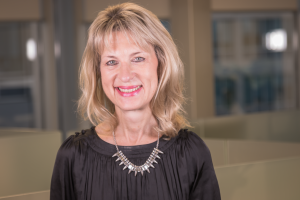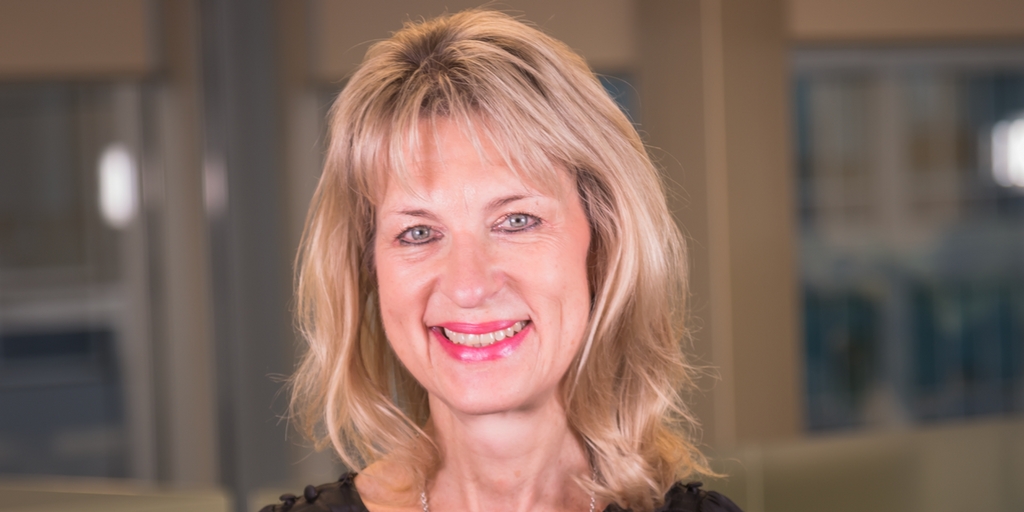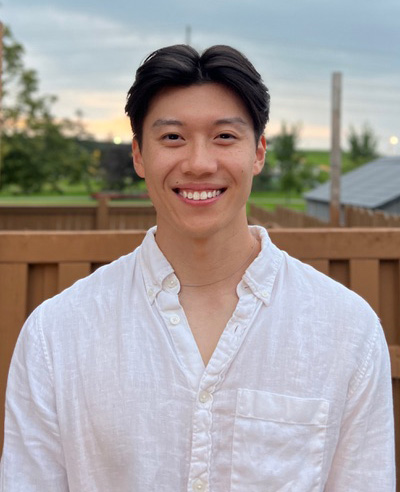
Throughout my professional career, I have been involved with many non-profilt organizations, both as a board member and as an auditor/advisor. I feel that this is my most significant board involvement because of my personal connection with breast cancer. It involves my own baby girl, Nicole. Actually, she hasn’t been a baby for a long time, except to me.
Nicole’s story starts in 2006, at age 22, when she found a painful lump on her breast. Because she was young, healthy and active, she thought it meant nothing. Over the next 2 years the pain slowly got worse, and several doctors dismissed the lump as a benign cyst, because, of course, she was too young to have cancer. Finally, she had an ultrasound in Toronto and was eventually diagnosed with stage III breast cancer. Nicole started treatment at St. Michael’s Hospital in Toronto with a plan that included surgery, chemotherapy and radiation. Within 7 months of the initial diagnosis Nicole received a clean bill of health. Her annual check-ups were good news for the following seven years.
In early 2015, Nicole was 31 years old and living in Calgary, pursuing a successful career in Commercial Real Estate. That Spring, she started to feel pain and discomfort in one of her ribs after any physical activity. All of her doctors, including her original oncologist in Toronto, said it was a broken rib that would need time to heal. When the pain persisted into the Fall, a doctor in Calgary ordered a CT scan. This time, Nicole had stage IV metastatic breast cancer, and it was in her lungs and her bones–which had led to her broken rib.

We had expected that she would have to endure chemo, radiation and much more. However, we were pleasantly surprised to learn that because Nicole’s breast cancer is 99% estrogen, the treatment would be three weeks of radiation, followed by ongoing hormone treatment and ovarian suppression. Three months later, all of the tumours were reduced significantly and we continued to hope.
It is now September 2017 and we all feel very fortunate that the treatment is still working. In Nicole’s case, metastatic breast cancer has become a chronic disease that can be treated, which is a huge contrast to what it was in the past. And if the current treatment becomes less effective, there are lots of options.
Notably, the treatment that Nicole is now receiving did not exist in 2009. Her outcomes would have been very different. The advancements in treatment in even the last five to 10 years have been incredible. This is the core of the reason that I am involved in the Breast Cancer Society of Canada (BCSC). Because I am convinced that the research focus and mandate of the (BCSC) will make a difference. I feel confident that my involvement will actually make a difference.
I am encouraged and excited about the hope that exists, and look forward to the future when we finally put a stop to this disease.
Like Kathy Steffan start making a difference today give to life-saving breast research. Learn more about ways you can give at bcsc.ca/donate.




